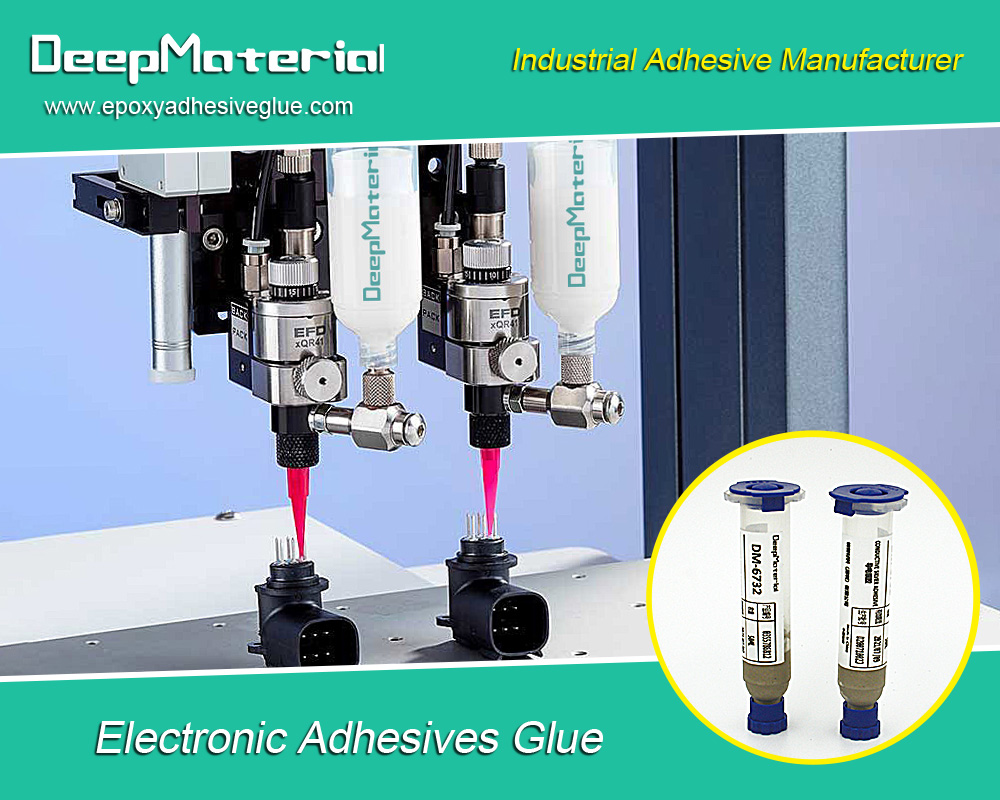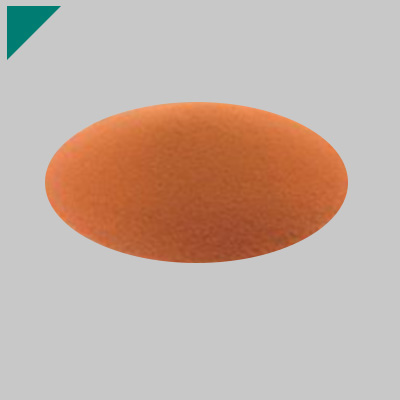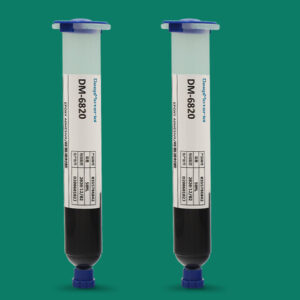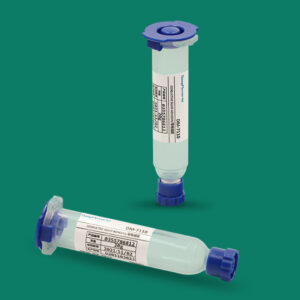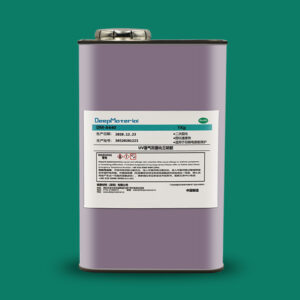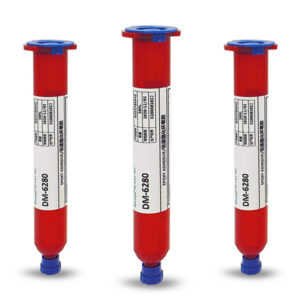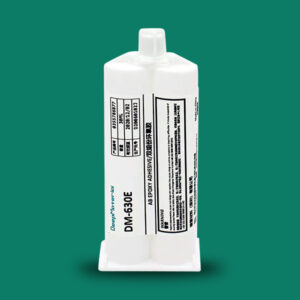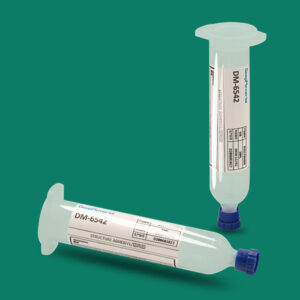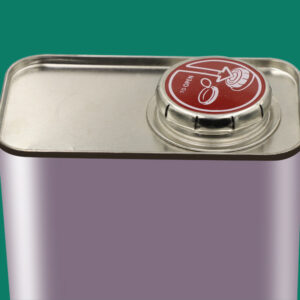Waterproof Epoxy for Metal: A Complete Guide
Waterproof Epoxy for Metal: A Complete Guide
This blog post will discuss everything you need to know about waterproof epoxy for metal. We will cover everything from its definition to its applications, advantages, and disadvantages.
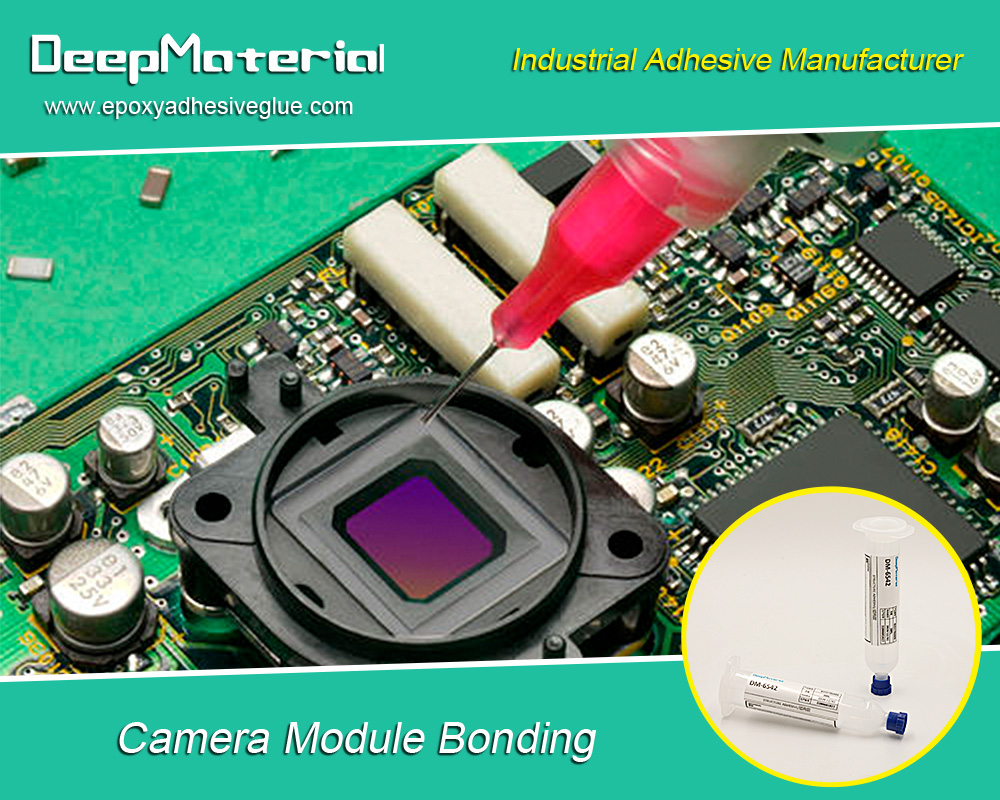
INTRODUCTION
Waterproof epoxy for metal is a versatile adhesive used to bond and protect metal surfaces. It is a two-part adhesive that consists of a resin and a hardener that, when mixed together, creates a solid and durable bond that can withstand harsh environmental conditions.
The importance of using waterproof epoxy for metal lies in its ability to provide a waterproof and corrosion-resistant barrier that can protect the metal surface from rust and deterioration. This blog post will give a complete guide to waterproof epoxy for metal, including its definition, applications, advantages, and disadvantages.
What is waterproof epoxy for metal?
Definition of waterproof epoxy for metal
Waterproof epoxy for metal is a two-part adhesive used to bond and protect metal surfaces. It combines resin and a hardener, creating a solid and durable bond.
Composition and how it works
The resin and hardener are mixed to create a chemical reaction resulting in a cross-linked polymer that bonds to the metal surface. The resulting bond is waterproof and resistant to corrosion.
Applications of Waterproof Epoxy for Metal
Industrial and commercial use
Waterproof epoxy for metal is commonly used in industrial and commercial applications such as marine, automotive, and aerospace industries. It is also used in the manufacturing, constructing, and repairing of machinery and equipment.
Domestic use
Waterproof epoxy for metal is also used in household applications such as plumbing repairs, appliance repairs, and DIY projects.
Advantages of using waterproof epoxy for metal
The advantages of using waterproof epoxy for metal include its ability to provide a waterproof and corrosion-resistant barrier, its high strength and durability, and its versatility in various applications.
Advantages of using Waterproof Epoxy for Metal
Corrosion resistance
One of the most significant advantages of waterproof epoxy for metal is its ability to provide a barrier against corrosion, and it forms a protective layer that prevents water, moisture, and other corrosive elements from reaching the metal surface.
Impact resistance
Waterproof epoxy for metal is highly resistant to impact and can withstand heavy loads and vibrations. It is commonly used in the manufacturing of heavy machinery and equipment.
Chemical resistance
Waterproof epoxy for metal is resistant to various chemicals, including acids, alkalis, solvents, and oils. This makes it suitable for use in harsh chemical environments.
Adhesion to metal surfaces
Waterproof epoxy for metal has excellent adhesion properties, which allow it to bond to metal surfaces. It forms a solid, durable bond that can withstand extreme temperatures and harsh environmental conditions.
Durability and longevity
Waterproof epoxy for metal is highly durable and long-lasting. It can withstand extreme temperatures and harsh environmental conditions, making it ideal for use in outdoor applications.
Disadvantages of using Waterproof Epoxy for Metal
Difficulty in application
Waterproof epoxy for metal can be challenging to apply, and proper surface preparation is crucial to ensure a solid and durable bond.
The need for proper preparation before the application
Surface preparation is crucial when using waterproof epoxy for metal. The surface must be clean, dry, and free of any contaminants to ensure a solid and durable bond.
High cost
Waterproof epoxy for metal is relatively expensive compared to other types of adhesives. However, its durability and longevity make it a cost-effective solution in the long run.
How to Use Waterproof Epoxy for Metal
When it comes to using waterproof epoxy for metal, there are several steps you need to follow to ensure a successful application. Here is a step-by-step guide on how to use waterproof epoxy for metal:
Surface preparation
- Clean the surface: Before applying the epoxy, make sure the surface is clean and free of any debris, dust, or grease. Use a degreaser or rubbing alcohol to clean the surface thoroughly.
- Sand the surface: Sand the metal surface with fine-grit sandpaper to create a rough surface. This will help the epoxy adhere better.
- Remove any rust: If the metal surface has any rust, use a wire brush or sandpaper to remove it. Rust can prevent the epoxy from adhering correctly.
Mixing and application
- Mix the epoxy:Follow the instructions on the packaging to mix the epoxy resin and hardener together.
- Apply the epoxy:Use a brush or roller to apply the epoxy to the metal surface. Make sure to apply a thin, even layer.
- Smooth the epoxy:Use a putty knife or spatula to smooth the epoxy and remove any bubbles.
Curing time
- Let the epoxy cure: Allow the epoxy to cure according to the instructions on the packaging. This usually takes several hours or overnight.
- Sand the surface: After the epoxy has cured, sand the surface with fine-grit sandpaper to create a smooth surface.
- Apply a second coat (optional):If necessary, apply a second coat of epoxy to achieve the desired thickness.
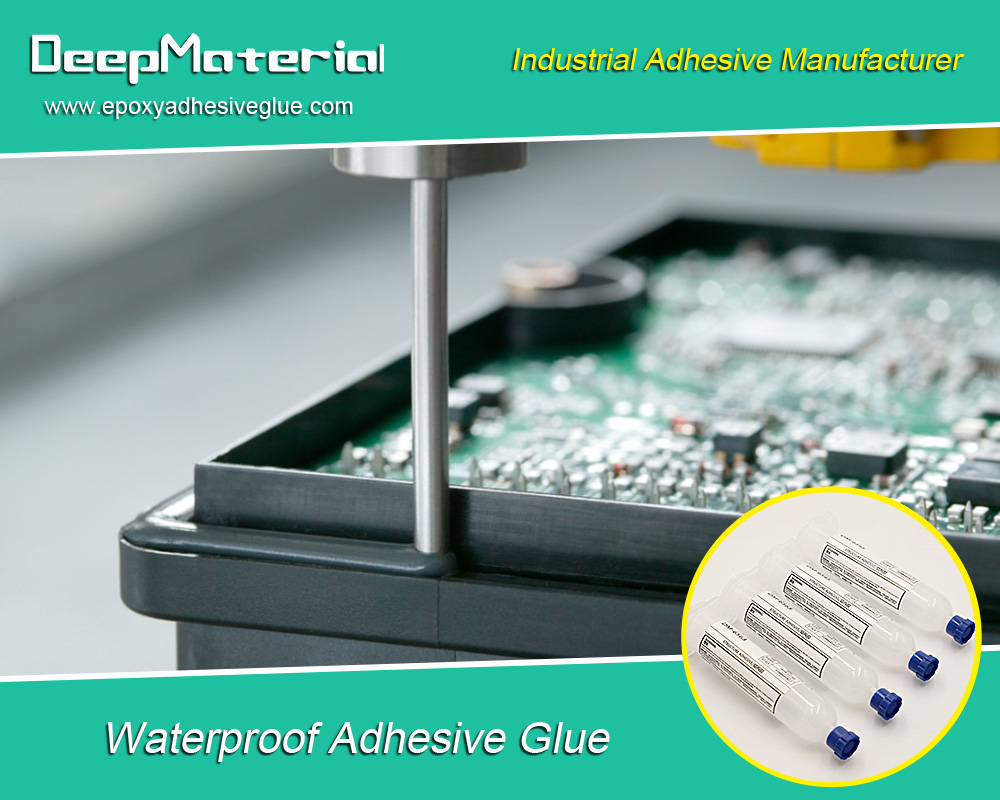
CONCLUSION
In conclusion, waterproof epoxy for metal is a versatile and durable adhesive that can be used for various applications. It offers many advantages over other bonds, including its ability to resist corrosion, impact, and chemicals. However, it has disadvantages, such as proper preparation before application and the high cost.
If you are considering using waterproof epoxy for metal for your next project or repair, it is essential to follow the instructions carefully and take the time to properly prepare the surface before application. With the proper preparation and application, waterproof epoxy for metal can provide a long-lasting and effective solution for your metal bonding needs.
For more about choosing waterproof epoxy for metal: a complete guide, you can pay a visit to DeepMaterial at https://www.epoxyadhesiveglue.com/category/epoxy-adhesives-glue/ for more info.


